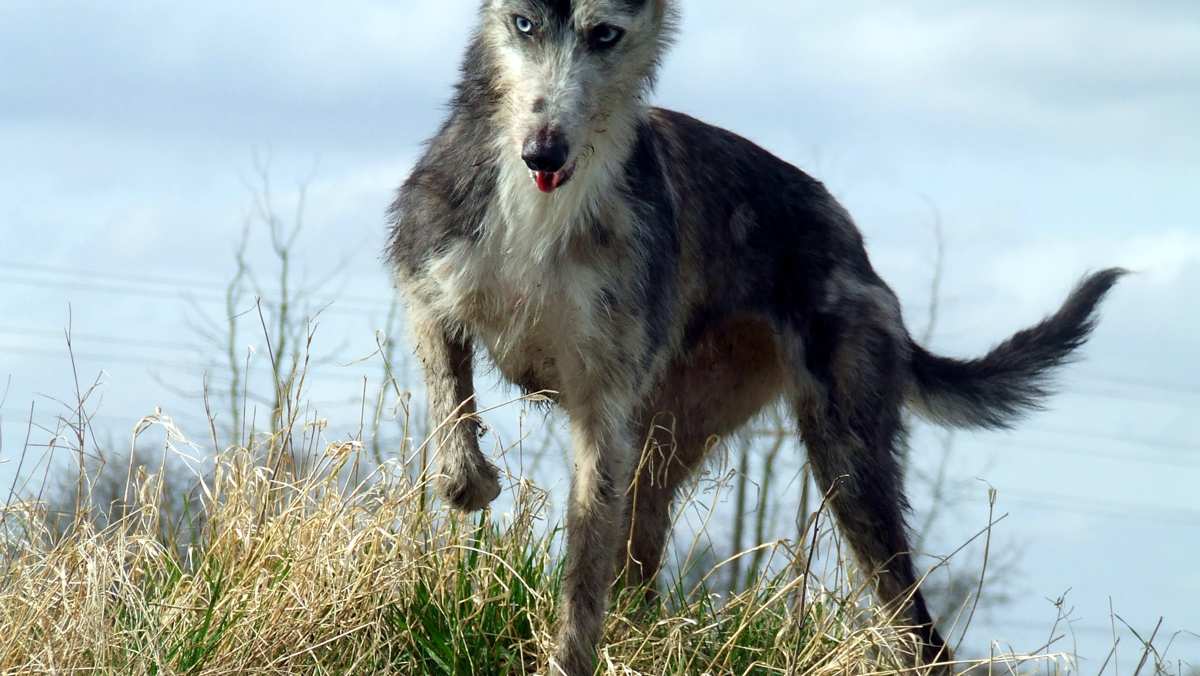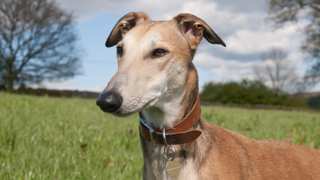The etymology of the "Lurcher" has been translated as interesting descriptions such as "thief mixed dog", "lurker", and even "petty swindler" but this has more to do with their past duties of hunting to feed their poor, peasant masters than their actual personality. This mixed breed is actually very people-loving, friendly, loyal, affectionate, hard-working, athletic and calm. These sight-hound x herding dog mixes do best with active individuals or families, or with hunters or farmers that can task them with things they enjoy doing such as hunting pesky critters. A fenced yard is almost a must, however, with enough daily exercise they can live indoors--just don't allow them to become glued to the couch! There are those that exploit these beautiful, loving dogs for as long as they are good for racing, then discard them, but they make WONDERFUL rescues. Here are some Lurch facts:
Natural hunting companions for small game
Very speedy, athletic exercise partners
Keeps your yard free of pests
Excellent family companion
Can live indoors or out
Very people-loving and friendly
Rescue Lurchers have few problems
Grooming is typically easy
Some may be readily obedient
Excel in racing, lure coursing and agility events
Good with other dogs if well socialized
Amusing, affectionate and a little sneaky
Recommended is a fenced yard
An hour daily outdoor exercise is best
Not watch dogs or guard dogs
May chase small animals if not kept on leash
Needs early socialization to potentially do well with cats
Not recommended for homes with rabbits, hamsters, ferrets, etc.
Some may be moderately difficult to train
Shouldn't be left alone for the majority of the day, everyday
Purebred
8 - 15 yrs.
22 - 28 in.
55 - 55 lbs
OverallFamily FriendlyChild FriendlyPet FriendlyStranger Friendly
Easy to GroomEnergy LevelExercise NeedsHealthShedding Amount
Barks / HowlsEasy to TrainGuard DogPlayfulnessWatch Dog
Apartment DogCan be AloneGood for Busy OwnersGood for New OwnersIntelligence










